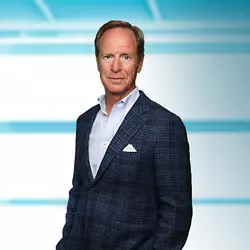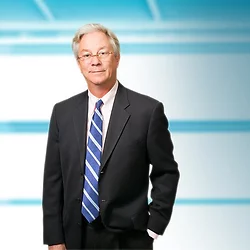Firm Shares Green Lease Knowhow
A “green lease” is a commercial lease between a landlord and a tenant in a “green” building. The firm has been asked on several occasions to brief commercial broker and property management groups on some of the key factors that make green leases unique.
“Green buildings” are buildings (commercial, industrial, retail and residential) that have achieved a certification from one of the organizations that have developed standards for determining levels of sustainability. The most prevalent is the LEED rating system.
LEED, Leadership in Energy and Environmental Design, is a building certification system developed by the U.S. Green Building Council (USGBC) a non-governmental entity that focuses on sustainable building development, operations and maintenance practices. There are LEED standards for new construction and the construction of the “core and shell” of commercial buildings as well as for commercial interiors. Separate LEED guidelines have been developed for improvements made to existing buildings.
Green leases are of growing importance as a significant number of current commercial real estate developments incorporate LEED design. Elements of LEED design can be as simple as adding a bike rack or as complicated as reworking a building’s electrical and plumbing systems.
The firm’s energy and sustainability practice works hand-in-hand with its real estate practice on landlord and tenant issues, particularly the issues that are raised when leasing space in a green building. The practice deals with these issues on a daily basis, particularly with respect to development and leasing.
Firm green lease expertise was developed through serving clients who own, develop and lease green properties. The firm’s most recent green lease presentation was to the Chicago area brokers of Australian-based UGL Equis on September 23, 2010.
“Familiarity with these issues is important because both developers and institutional property owners are seeing significant value being added to buildings that are LEED certified,” says Doug Wambach, partner and chair of the firm’s real estate practice. “Almost all recent commercial development activity in Chicago has been LEED certified and a substantial number of institutionally owned buildings have been or will be LEED certified.”
Wambach’s presentation focused on LEED for existing buildings (LEED EBOM). This area is very active as the industry is working to improve existing building stock around the US.
John Stephens, another partner in the firm, presented a segment entitled “LEED Lease Provisions — Landlord and Tenant Perspectives.”
“While parties in green lease transactions generally support LEED principles, a complex commercial lease reflects the needs of the party driving the transaction,” say Stephens. “Green leases can be tenant driven or landlord driven. Landlords typically want to allocate LEED costs to tenants as operating expenses. Tenants want LEED rated real estate but will not want to take on all of the LEED related costs. These transactions often come down to balancing acts factoring in company missions and more.”
Members of the firm’s energy and sustainability practice include Wambach and Stephens as well as Rich Lieberman, Chris Manning, Steve Schuster and Peter Vitale. More information is available at www.burkelaw.com.
Related Professionals
- Partner
- Partner
Related Practices & Industries
Sign-Up
Subscribe to receive firm announcements, news, alerts and event invitations.


